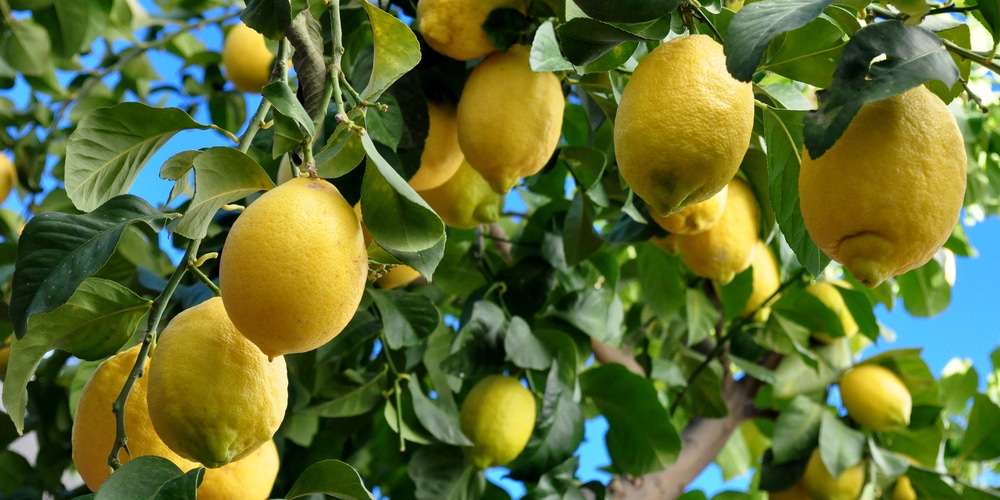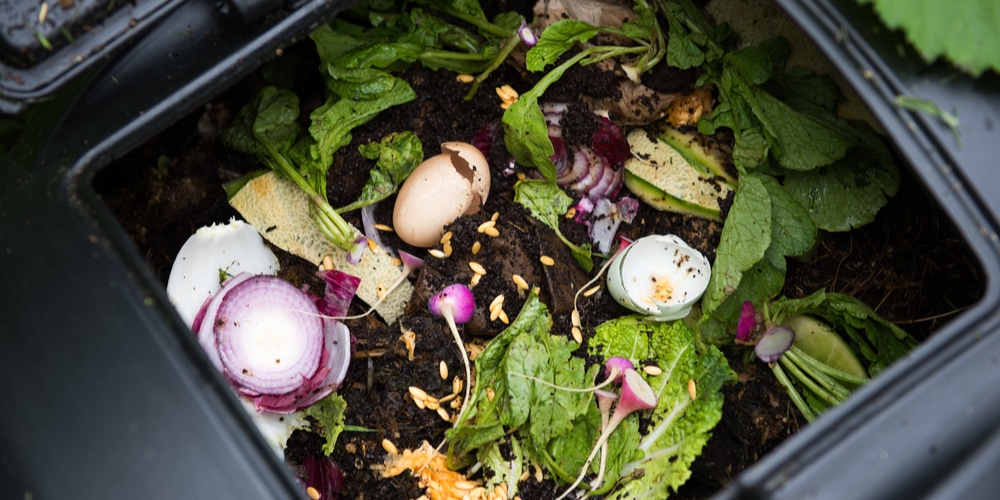Composting is an excellent way to put kitchen waste into use. You could use any organic waste you produce: from eggshells to coffee grounds. However, there is a myth regarding putting citrus in compost and how it isn’t among the best things you can do for your plants.
But that’s just what it is: a myth. The truth is that you can put citrus peelings (orange, lemon, lime) in a compost pile with long-lasting results. One of the main reasons for citruses’ negative reputation is the long time required for their decomposition. However, you can speed the process up by cutting them into smaller pieces. Additionally, the myth justifies its claims by stating that some of the chemicals that make up citrus peel are in popular organic pesticides. While that is true, using citrus in compost will pose no threat to (friendly) insects visiting your garden. Indeed, those chemicals break down rapidly and evaporate even before you put your citrus compost on your soil.
With that said, you might have more questions about using orange peels, lemon, or lime in your garden. If you want to learn more about using citrus in compost, you’ve landed in the right place. In this essential guide, we put together all the information you’ll need to make the most of these precious kitchen by-products. We’ve answered the question, ‘Can You Put Citrus in Compost?’
Can You Put Citrus in Compost?

Everything you don’t use of your citrus can be a precious addition to your compost. For starters, their smell will help you keep scavengers away. However, they do not harm worms, meaning you can use them in your vermicompost (moderately) with no negative consequence. Worms enter the decomposition process when the citrus parts are indistinguishable from the rest.
For best results, cut the peels and pulp into small pieces. Of course, you should add citrus in moderation. As with anything in excess, citrus overload might affect the compost’s effectiveness. Remember that the key to healthy compost lies behind balancing the elements you use. Add dry materials (leaves, paper, or cardboard) and moist ones (vegetable and fruit scraps, such as orange peels, lemons, or limes) in the appropriate ratio. While sounding trivial, getting that balance right is where most people fail with their compost. The rule of thumb for the optimal texture is to have two parts of dry material for each part of moist material. To keep the right balance, make sure you regularly turn your compost.
What types of citrus can you use in your compost?
You can compost every citrus, including lemons, oranges, mandarines, limes, and grapefruits. The good news is that as long as you commit to chopping them down, you can use any part of the fruits: peels, pulp, and rinds. Because they fit into the moist compost category, citrus is are an excellent nitrogen source. Plus, they will heat the pile, which contributes to speeding up the decomposition process.
If you are doing hot compost, don’t forget to stir the content of your bin regularly to introduce oxygen. Do it every few days to ensure the process evenly affects the compost bin. You may want to consider using an aeration tool to simplify the process. For cold composting, the procedure is even less of a hassle. All you have to do is build a pile and let the ingredients decompose at their time. Remember to remove the fruit’s seeds (more on that in the following sections).
But what are some of the problems associated with citrus compost? And what can you do to use them to your advantage? Keep reading the following sections to discover our tips.
Mold
There are some concerns about the formation of mold on citrus’ peels. However, keep in mind that if you create healthy compost, the environment will be too hot for the mold’s survival. Additionally, since most citrus fruits you find at the supermarket have antimicrobial wax on their surface, chances are the mold won’t even appear in the first place. If you are using homegrown citrus, don’t worry. Consider heating your compost pile to prevent mold formation. Furthermore, you may want to add bulking agents such as cardboard or wood chips to offset the moisture and prevent the mold from spreading.
Excessive Acidity: Lemon and Orange Peels
One of the most common reasons against using orange peels in compost is the foreseen increase in the soil’s acidity. However, you can rest assured not to have problems with interfering with your garden’s pH when using citrus in compost. Indeed, most materials become alkaline upon decomposition, citrus included. Of course, adding too much lemon or orange waste at once might have some negative consequences on your pile. With lemons, you may destroy your compost because of the spike in acidity, pushing bacteria to break down the acidic fruits first. However, that might work wonders for plants such as azaleas, rhododendrons, and camellias that thrive in acidic soils.
Oranges are an excellent source of nitrogen, potassium, and phosphorus. When you use them appropriately, they speed the waste breakdown and enrich the compost medium.
Should You Add the Seeds or Not?
There is an ongoing debate about using citrus’ seeds in a compost pile. However, there is no need to worry about that. Indeed, a healthy compost will reach a high enough temperature to prevent seeds from germinating. If you are cold composting, you will have to remove the seeds unless you don’t mind dealing with some volunteer citrus plant.
Can You Put Citrus in Compost?: The Bottom Line
No matter what you heard about using citrus in your compost, you can rest assured that doing it won’t cause you any issues. Instead, it can help you reach optimal compost conditions, given that you follow the appropriate procedure. Instead of throwing away your lemon and orange peels, put them to good use and make them part of your compost! Remember to break them down into smaller pieces (you can use a pair of sharp scissors) and incorporate citrus in your compost bin! Plus, don’t forget the importance of maintaining the right balance. If you are creating lots of orange scraps, don’t overdo it. Instead, dry the leftovers in the oven and use them in the kitchen for baking or to make flavorful water.
